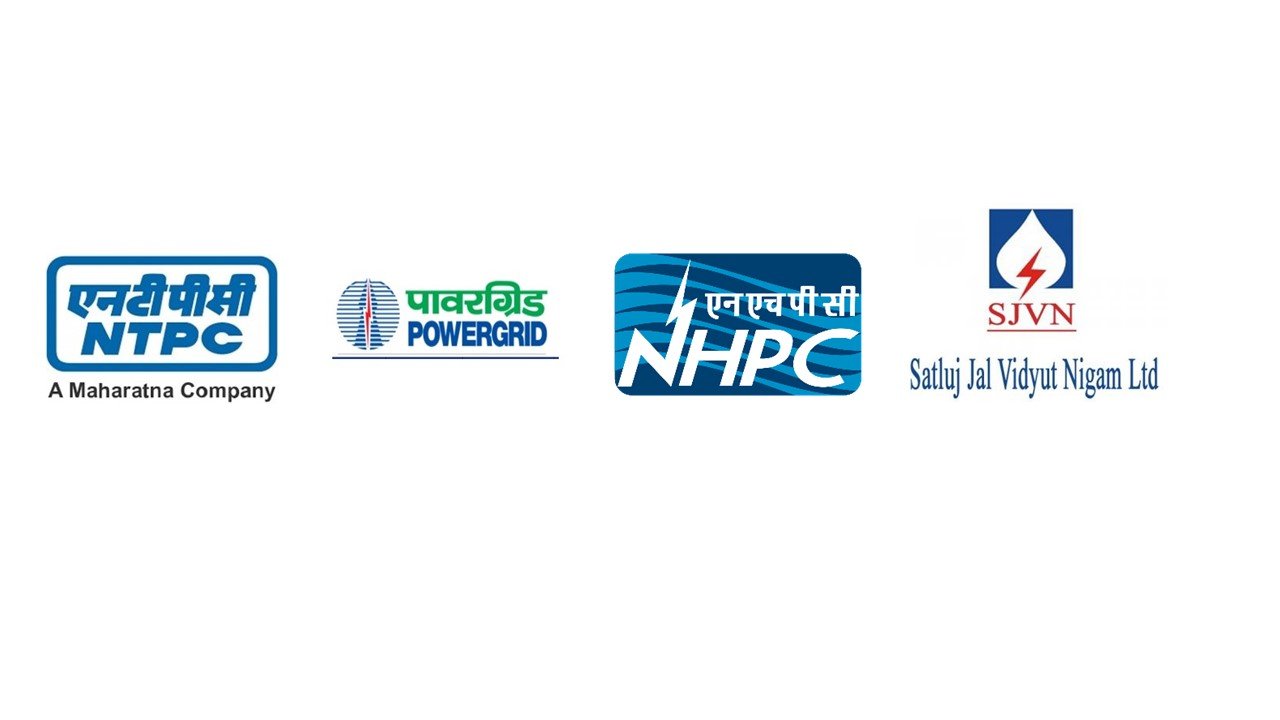by
Ashok Kumar, Kamgar Ekta Committee (KEC)
The National Monetisation Pipeline (NMP) is going to give further push to the privatisation of the power sector. The Electricity (Amendment) Bill 2021 has already envisaged large scale privatisation of electricity distribution. The NMP has focused on privatisation of the other two segments of the power sector, namely generation and transmission.

The National Monetisation Pipeline (NMP) is going to give further push to the privatisation of the power sector. The Electricity (Amendment) Bill 2021 has already envisaged large scale privatisation of electricity distribution. The NMP has focused on privatisation of the other two segments of the power sector, namely generation and transmission. The private sector share in installed generation capacity is already nearly 47%.
The NMP plan for the monetisation of the power sector is the third largest in terms of money, Rs 85,000 crore. Nearly Rs 40,000 crore is planned through monetisation of generation assets and Rs 45,000 crore from monetisation of transmission assets.

Power Generation
Out of the total installed capacity of 382 GW, about 97.5 GW, i. e. about 25.5% is under the central PSUs as on April 30, 2021. Nearly 83% of this capacity is based on coal and gas. The NMP has considered only the hydel and RE (Renewable Energy, i.e. solar & wind power) assets of central PSUs, which are of interest to private capital.
Most of the solar and wind power generation capacity is already in the private sector. With the planned privatisation of the capacity of the central PSUs, RE generation will be the monopoly of the private sector.
The assets considered for monetisation over FY 2022-25 aggregate to 6.0 GW. Out of this, about 3.5 GW is from hydel assets and about 2.5 GW are RE assets.
Though the 6.0 GW asset base considered for monetisation constitutes about 6% of the total generation capacity under central PSUs, it would lead to privatisation of nearly 25% of their hydel generation capacity and 100% of their RE capacity. The PSUs whose assets have been considered are NHPC, NTPC & SJVNL who own bulk of the hydel assets and NTPC and NLC that own renewable assets.

Power Transmission
Presently the share of the private sector in power transmission is only about 8% of the total transmission lines of 4,13,407 circuit kilometre (ckt km). With the monetisation of nearly 28,600 ckt km transmission lines, the share of the private sector will nearly double.
The Power Grid Corporation of India Limited (PGCIL) is the central PSU with over 40% (1,68,000 ckt km) of transmission lines. Bulk of the very high voltage (400 kilo volt and above) lines, used for transmitting power over long distances, are owned by the PGCIL. The transmission lines are critical for the national power grid. The NMP envisages privatisation of nearly 17% (one-sixth) of these critical transmission lines of the PGCIL.
The plan of collecting Rs 7,700 crore during 2021-22, as per the NMP, by privatisation of PGCIL lines was implemented even before the NMP was announced!
Conclusion
Privatisation of each of the three segments of power sector is bound to lead to big increase in power rate as profit is made at each stage of the chain. Electricity will become unaffordable for many people of the country. The private sector will concentrate on supplying only to large profitable consumers and neglect small and remote consumers. All subsidies will be abolished, which will particularly hurt farmers and poor sections of the society.
Electricity is a basic necessity of life today. Like other basic necessities, it is the duty of the government to make it available to everyone at an affordable rate and in adequate quantity. By privatising the power sector, the government is abdicating its basic responsibility to people of the country.
It is time to build a strong unity of power sector workers with workers of all other sectors and consumers to oppose the onslaught of privatisation for the benefit of a few Indian and foreign corporates. The unity of workers and consumers alone will safeguard the interests of people of the country and future generations.
